
When traveling to Japan, it’s always a good idea to learn a few Japanese expressions to better embrace the local culture. Aside from basic greetings, phrases used in shopping, and asking for directions, you'll find restaurant lingo useful to learn as you'll need to use them quite frequently. So, here is a guide to some of the most useful phrases to practice when dining and wining in Japan. You will also find some of our top Japanese restaurant picks at the end! Don't miss it!
When Entering the Restaurant
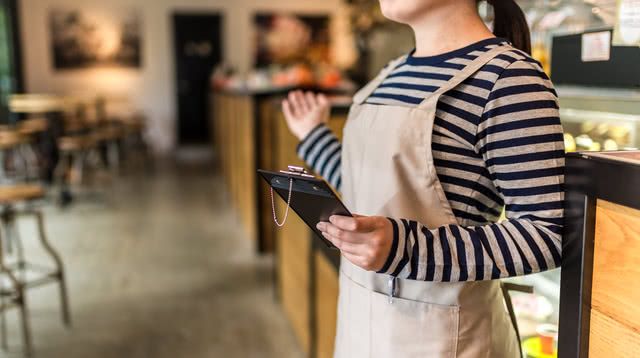
○人です。(○ri / ○nin desu)
English: A table for ○.
○ represents the number of people. Here is a simple guide to saying different numbers:
1 person (hitori)/2 people (futari)
3 people (sannin)/4 people (yonin)/5 people (gonin)
Keep in mind that saying “1 person” and “2 people” have a different pattern from saying other numbers. If there are more than two people, just change the number.
○○はありますか?(○○ wa arimasuka?)
English: Is there any ○○?
You may insert one of the following phrases in ○○:
喫煙席 (kitsuenseki) a smoking table
禁煙席 (kinenseki) a non-smoking table
個室 (koshitsu) a private table
When Ordering
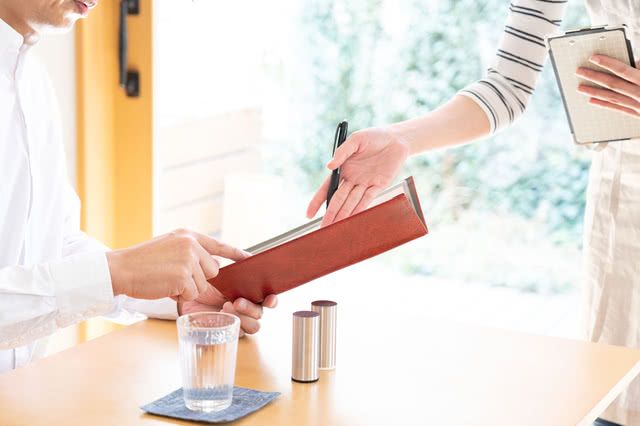
すみません。(sumimasen)
English: Excuse me.
This expression is very useful! Not only is it great for ordering food or asking the server to come to your table, it is also a frequently used conversation starter, especially when you want to ask a local something. So, it is better to memorize it!
これをお願いします。/これをください。(kore wo onegai shimasu / kore wo kudasai)
English: I’d like to order this.
They will understand you even better if you point at the menu while saying this!
○○は何ですか?(○○ wa nandesuka?)
English: What is ○○?
When unsure of something on the menu, you may ask the server using the expression above.
Also, if you want to know the kind of meat used in a dish, try this:
これは何のお肉ですか?(kore wa nan no oniku desuka?)
English: What kind of meat is this?
If you are allergic to a certain food or don’t eat a certain kind of meat, use this phrase:
○○は食べられません。(○○ wa taberare masen)
English: I cannot eat ○○.
○○ stands for the food you cannot eat. Here are some of the most common words:
【Meat】牛肉 gyuniku (beef), 豚肉 butaniku (pork), 鶏肉 toriniku (chicken)
【Seafood】海老 ebi (shrimp), 貝 kai (shellfish), 魚 sakana (fish)
【Vegetable】人参 ninjin (carrot), 大根 daikon (white radish), ネギ negi (scallions), ニラ nira (chive), 玉ねぎ tamanegi (onion)
【Others】ピーナッツ pi-nattsu (peanut), 辛いもの karaimono (spicy food), 甘いもの amaimono (sweets)
And here's how to ask if they do have something you want.
○○はありますか?(○○ wa arimasuka?)
English: Do you have ○○?
Aside from food, you may insert other things like wet towels into the question:
ベジタリアンメニュー bejitarian menyu (vegetarian menu)
おしぼり oshibori (wet towel)
お水/お冷 omizu/ohiya (cold water)
お湯 oyu (hot water)
ソフトドリンク sofuto dorinku (non-alcoholic drinks)
アルコールドリンク/お酒 aruko-ru dorinku/osake (alcoholic drinks)
When Dining
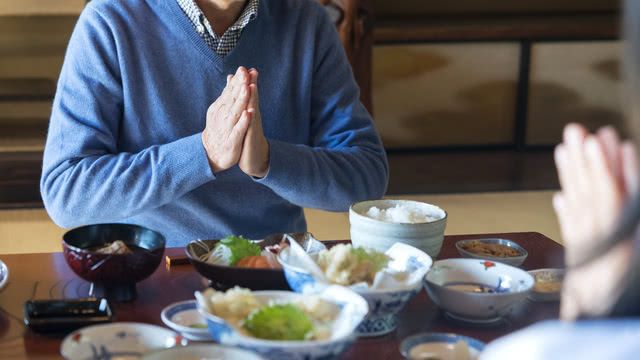
いただきます。(itadakimasu)
English: Thanks for the food. / I humbly receive. (Used in the same situation as “bon appetit” in French)
The phrase expresses gratitude for the food you are about to consume. Try saying it next time before you eat!
ごちそうさまでした。(gochisousama deshita)
English: Thank you for the meal. (Said at the end of the meal)
美味しいです。/美味しかったです。(oishii desu / oishikatta desu)
English: It is delicious. / It was delicious.
Say the above phrase when you want to praise the food or drink. But since there are tenses in Japanese, when you say the food is delicious during the meal, you may say “oishii desu”; after you have finished the food, you have to say “oishikatta desu” instead.
When Paying the Bill
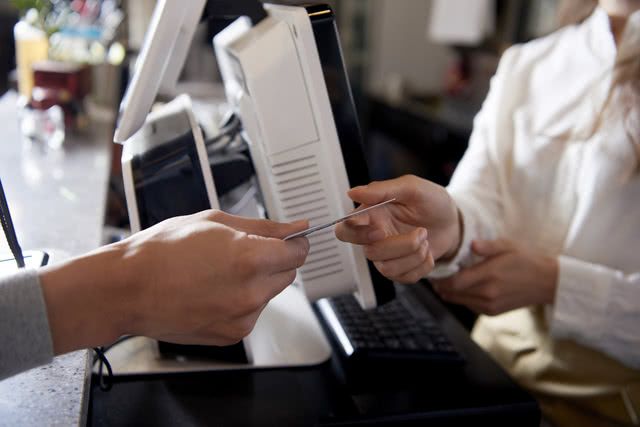
お会計をお願いします。(okaikei wo onegai shimasu)
English: Check, please.
For most restaurants in Japan, customers are required to take the bill to the cashier and pay, while some allow you to pay at the table. If you don’t see a bill on your table, you may say the above phrase to the server.
クレジットカードは使えますか?(kurejitto ka-do wa tsukaemasuka)
English: Do you accept credit card payments?
Cash is the most common form of payment in Japan, so it is better to ask that first if you want to pay by credit card.
別々にできますか?(betsubetsu ni dekimasuka)
English: Can we pay separately?
If you dined with someone but want to pay separately, ask the restaurant to see if they have this service first!
1. Hakata Ajidokoro Iroha
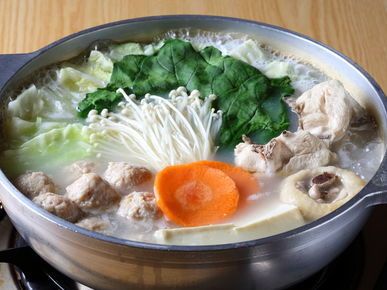
Hakata Ajidokoro Iroha
[Sunday] 6:00 pm - (L.O. 9:00 pm)
Closed: Monday
Average price: 6,500 JPY
Address: Iroha Bldg., 14-27, Kamikawabata-machi, Hakata-ku, Fukuoka-shi, Fukuoka Map
More Details Reservation
2. Shodai
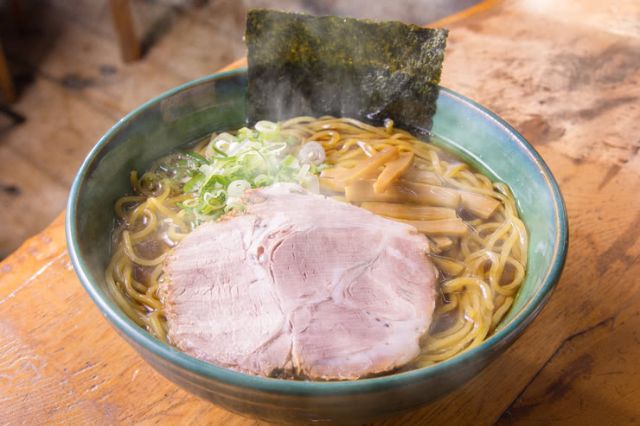
Shodai
Closed: Tuesday
Average price: 800 JPY
Address: 14-8, Sumiyoshi-cho, Otaru-shi, Hokkaido Map
More Details Reservation
3. Teppanyaki Shioji
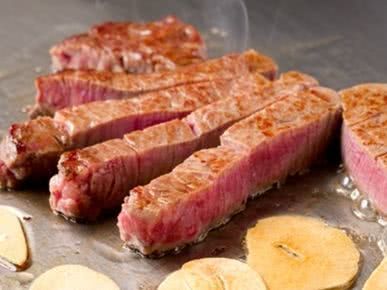
Teppanyaki Shioji
Closed: None
Average price: [Dinner] 7,500 JPY / [Lunch] 2,500 JPY
Address: 2-9-1, Koyocho-naka, Higashinada-ku, Kobe-shi, Hyogo Map
More Details









![Azabudai Hills [SUMI] (Janu Tokyo) ~ Editor's Afterword by the Editor-in-Chief of Japan's Gourmet Site](/gg/content_image//image/discover_oishii_japan/6536/article_head_150x105z.jpg)









